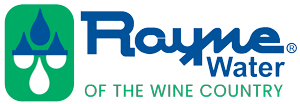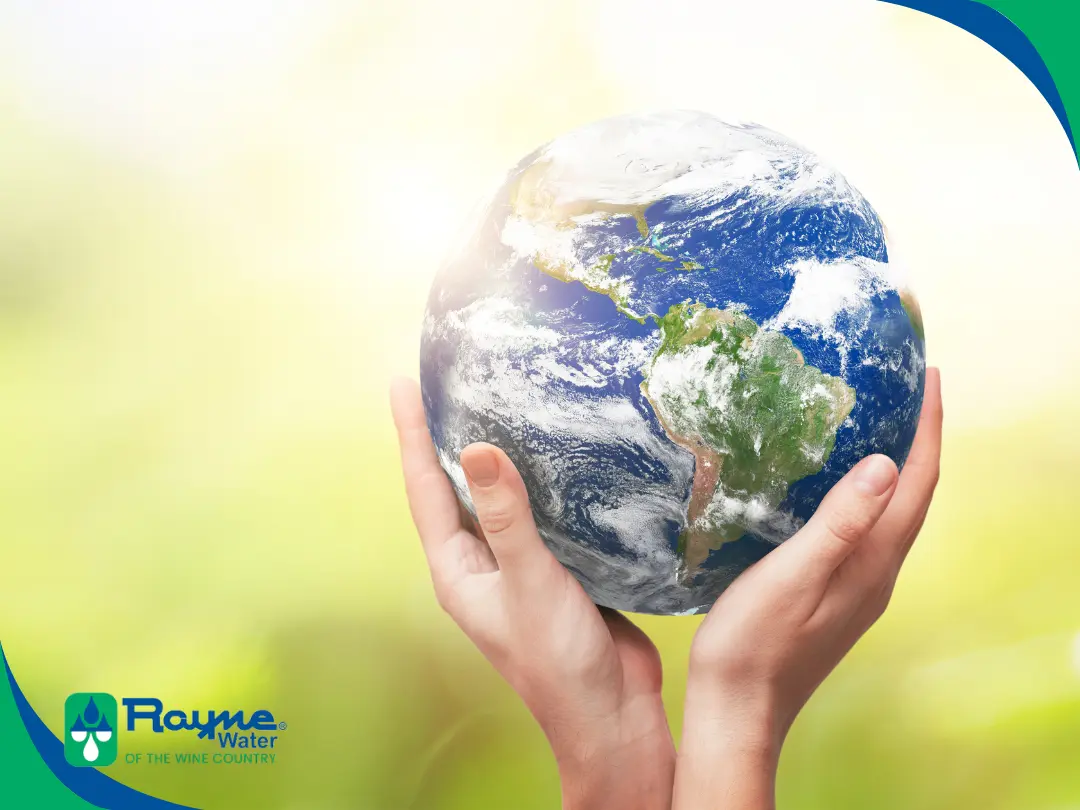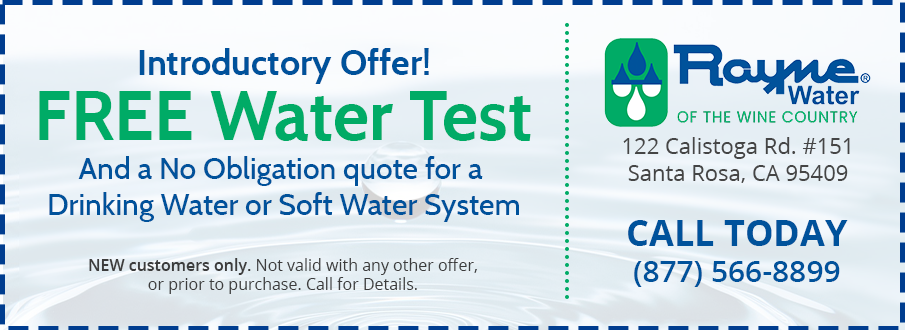Water is a fundamental resource that we all need, but it’s important to realize that not all water is created equal. Hard water, for example, is known for its high mineral content. Its excess calcium and magnesium can cause a variety of household headaches. But there are environmental concerns related to water hardness, too. From increasing energy consumption to causing excessive waste, the environmental impact of hard water is noticeable. The good news is that water softeners can be a viable solution that helps to mitigate these issues.
In this blog, we’ll explore the environmental impact of hard water. Then, we’ll explain how water softeners can help reduce waste and contribute to a greener planet.
What Does the Environmental Impact of Hard Water Look Like?
While hard water is generally not harmful to human health, it can lead to various problems in daily life and for the environment. Here’s where you’ll notice the environmental impact of hard water the most:
1. Increased Energy Consumption
Hard water reduces the efficiency of water heaters. The mineral deposits form a layer of scale inside the heater, requiring more energy to heat the water. This increased energy usage contributes to higher carbon emissions, impacting the environment.
2. Shortened Appliance Lifespan
Scale buildup from hard water can damage household appliances like dishwashers, washing machines, and coffee makers, reducing their lifespan. The frequent need to replace these appliances generates more waste and contributes to landfill overcrowding.
3. Higher Soap and Detergent Use
Hard water decreases the effectiveness of soaps and detergents. This leads to higher usage of a variety of cleaning chemicals to get the desired level of cleanliness. This not only increases the production and disposal of plastic bottles and other packaging but also introduces more chemicals into our water systems.
4. Plumbing Problems
Over time, hard water minerals can build up and clog pipes. This often reduces water pressure and can even lead to leaks. Leaky pipes increase water wastage. In addition, repairing or replacing plumbing parts requires more resources and generates waste.
How Can Water Softeners Mitigate the Environmental Impact of Hard Water and Help to Reduce Waste?
Water softeners can solve your hard water problems for good by removing excess calcium and magnesium through a process called ion exchange. The right water softener can help reduce waste and promote sustainability in several ways:
- Energy savings: Soft water prevents mineral buildup inside water heaters and other water-using appliances. This enhances their efficiency, reduces energy consumption, and lowers greenhouse gas emissions.
- Extended appliance lifespan: Water softeners help protect appliances from the damaging effects of hard water. By prolonging the life of appliances, water softeners reduce the frequency of appliance replacements. This, in turn, reduces electronic waste and conserves resources used in manufacturing.
- Reduced soap and detergent use: Soft water improves the efficiency of soaps, cleaning agents, and detergents. This means homeowners can use smaller amounts of these products to achieve the same results. Reduced usage lowers the requirement for detergent production and decreases the environmental impact associated with chemical runoff.
- Minimized plumbing repairs: By preventing mineral deposits in pipes, water softeners reduce the need for frequent plumbing repairs and replacements. This conservation of materials and labor resources helps decrease overall waste.
- Water conservation: Soft water leads to more efficient water use in household tasks such as washing and cleaning. This efficiency can contribute to water conservation efforts, particularly in areas like California where droughts are common.
Promote Sustainability and Reduce Waste with an Eco-Friendly Water Softener From Rayne of the Wine Country
It’s clear that the environmental impact of hard water reaches beyond simply making everyday life more difficult. With mineral buildup from hard water increasing energy consumption, reducing appliance efficiency, and causing higher detergent use, hard water contributes significantly to environmental waste and pollution.
The good news is that switching to soft water can have a positive impact, both on your household and on the environment. Contact us today to explore our line of eco-friendly water softeners – a great way to improve your home’s water quality while also preserving our precious resources. That’s a win-win!







